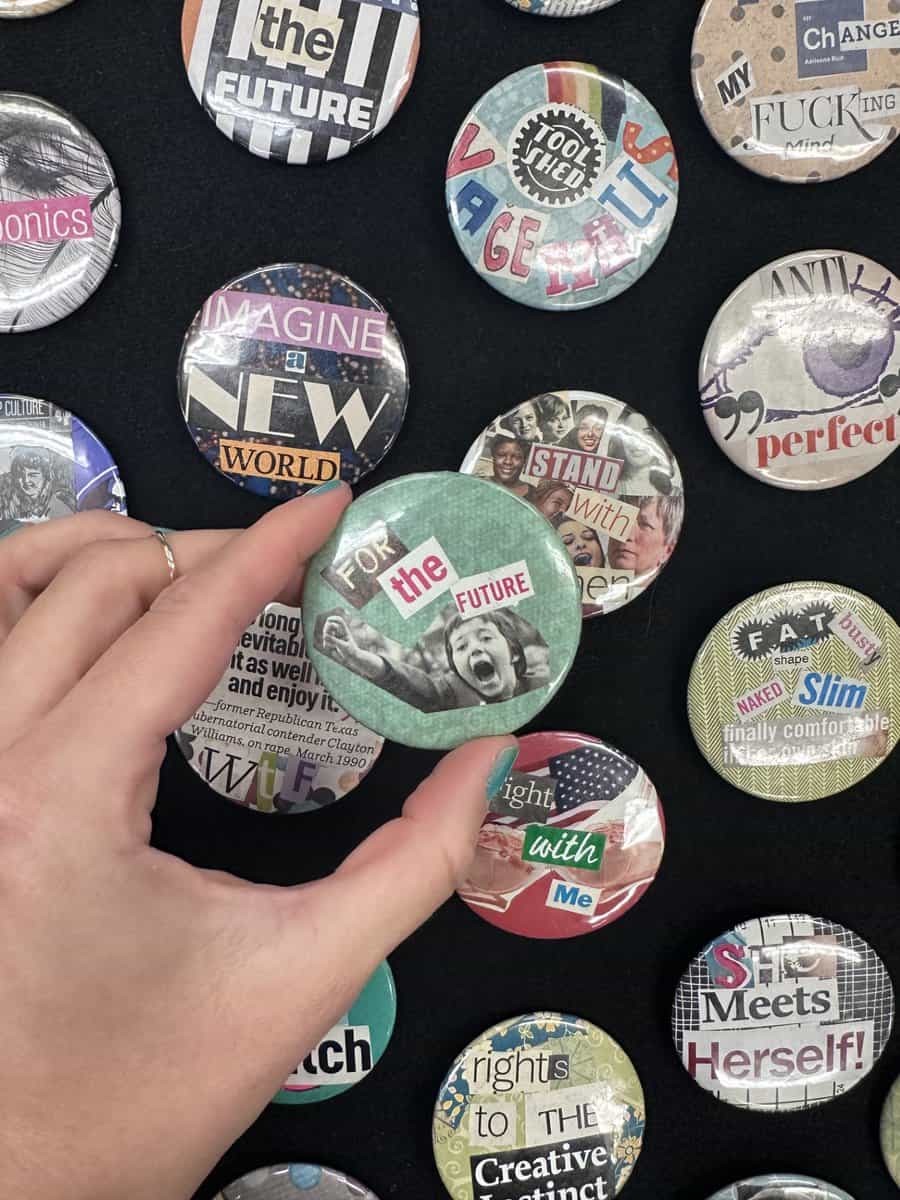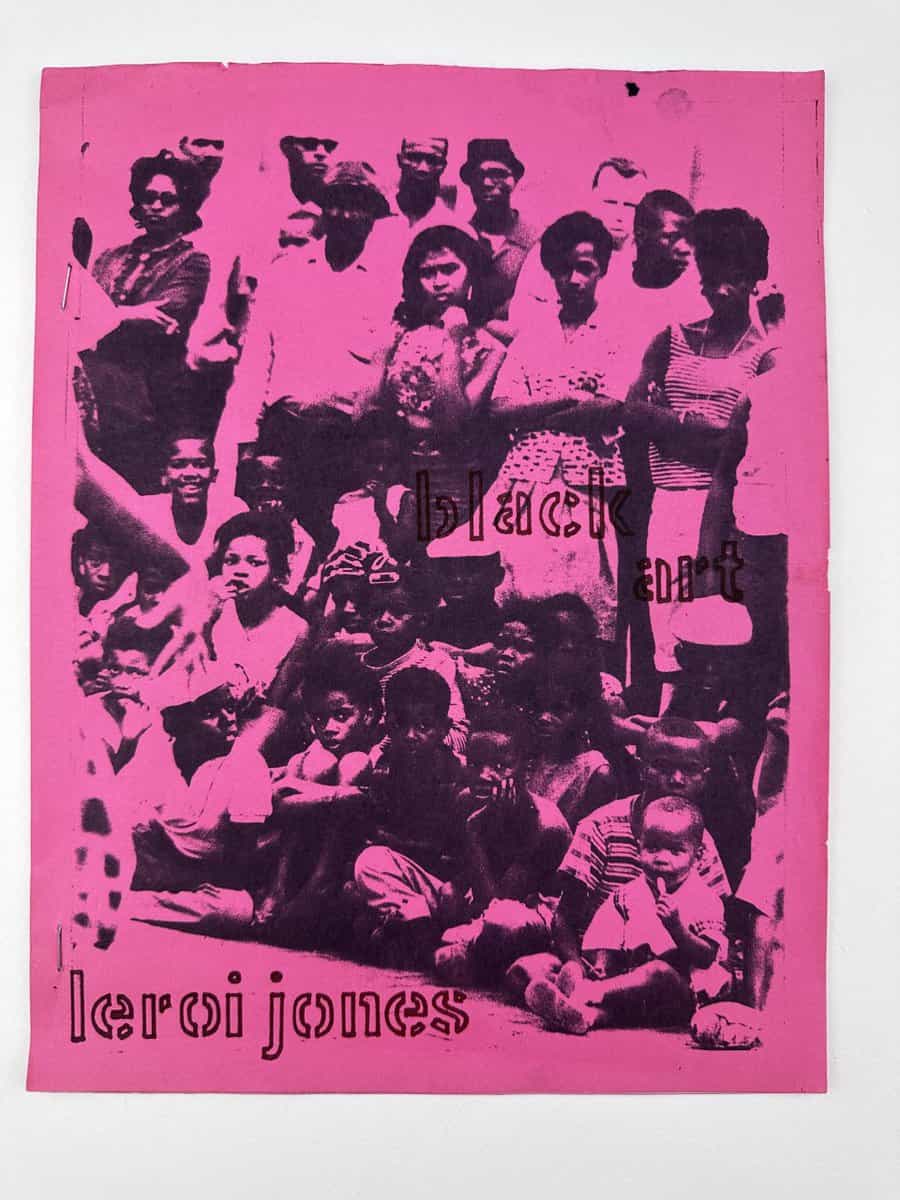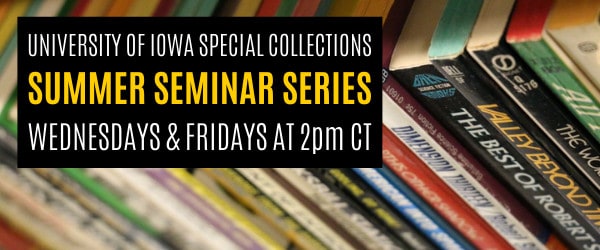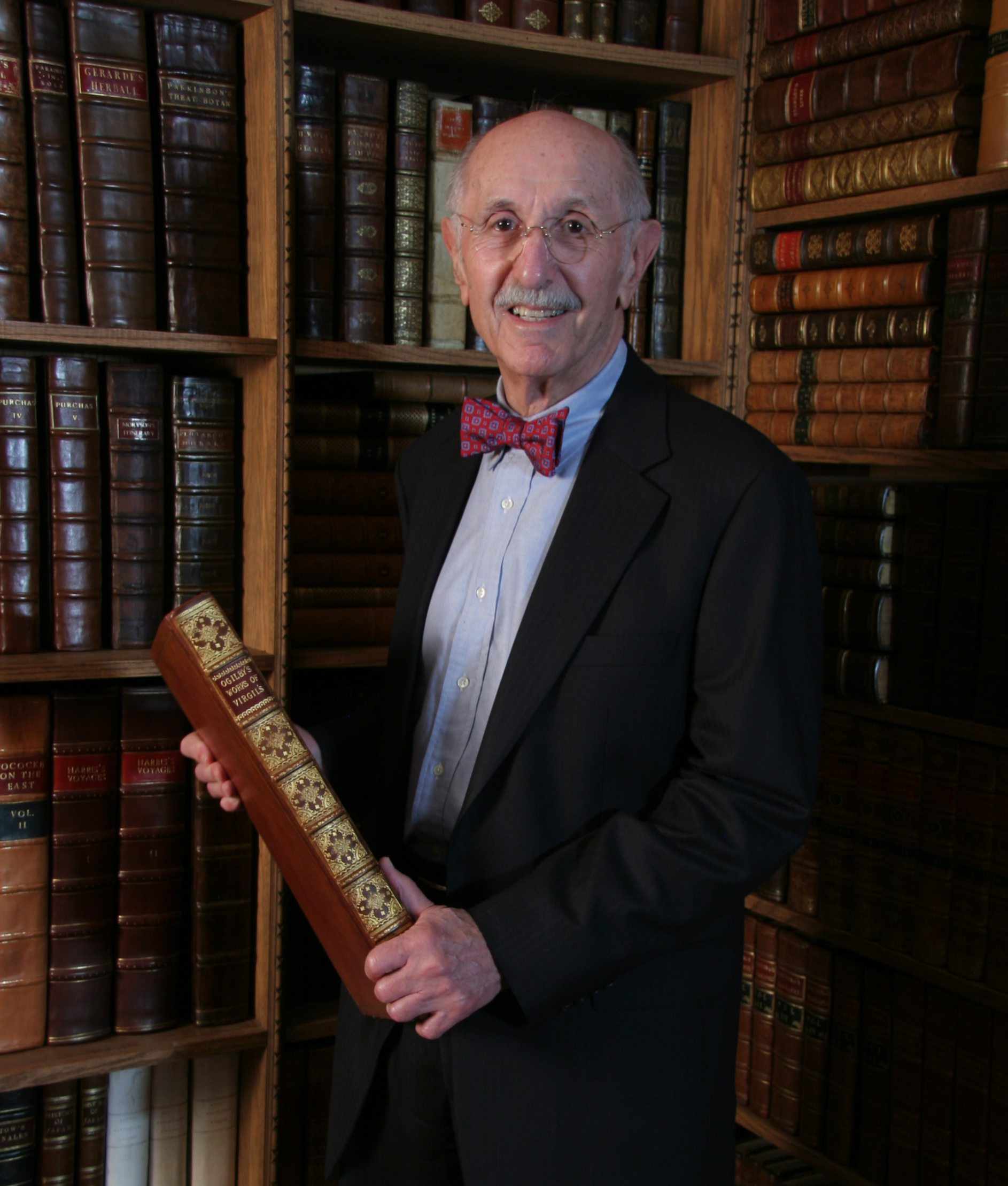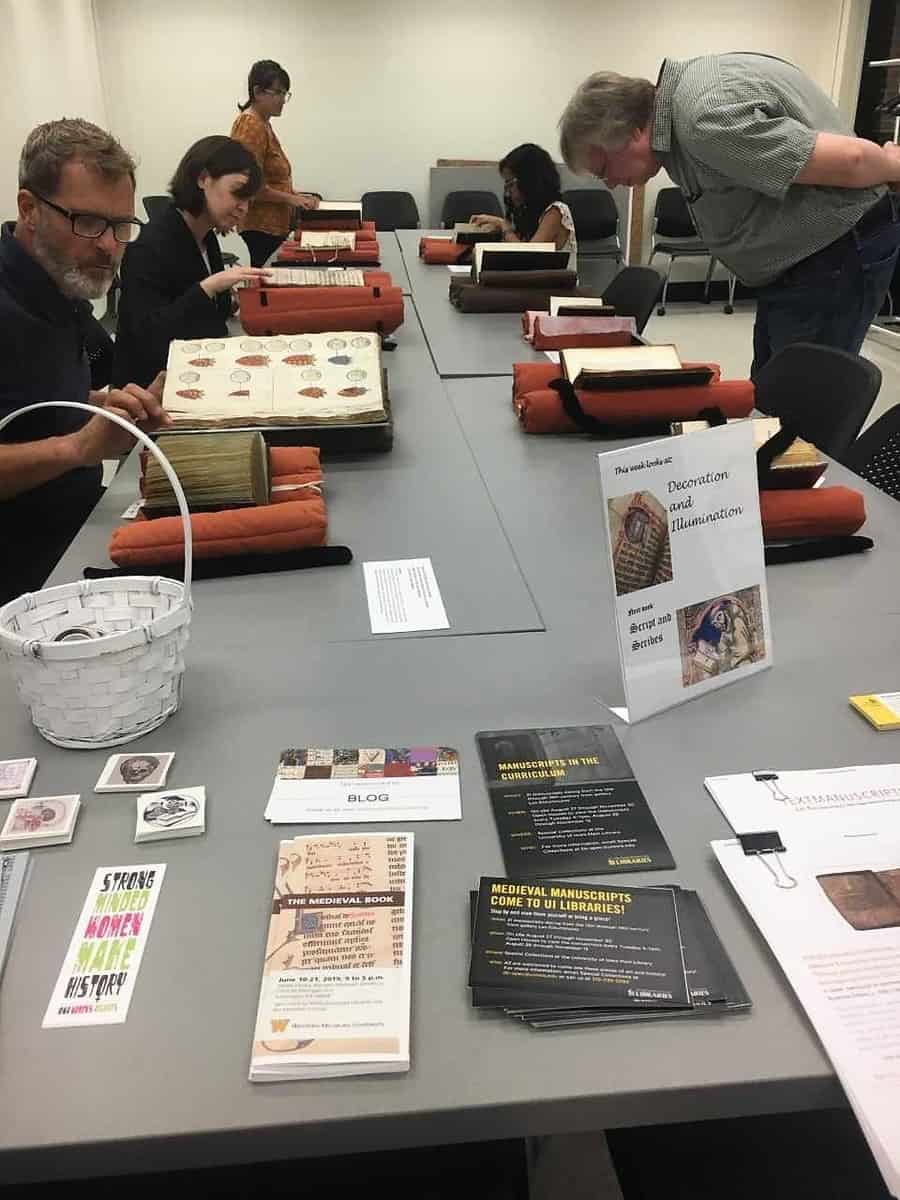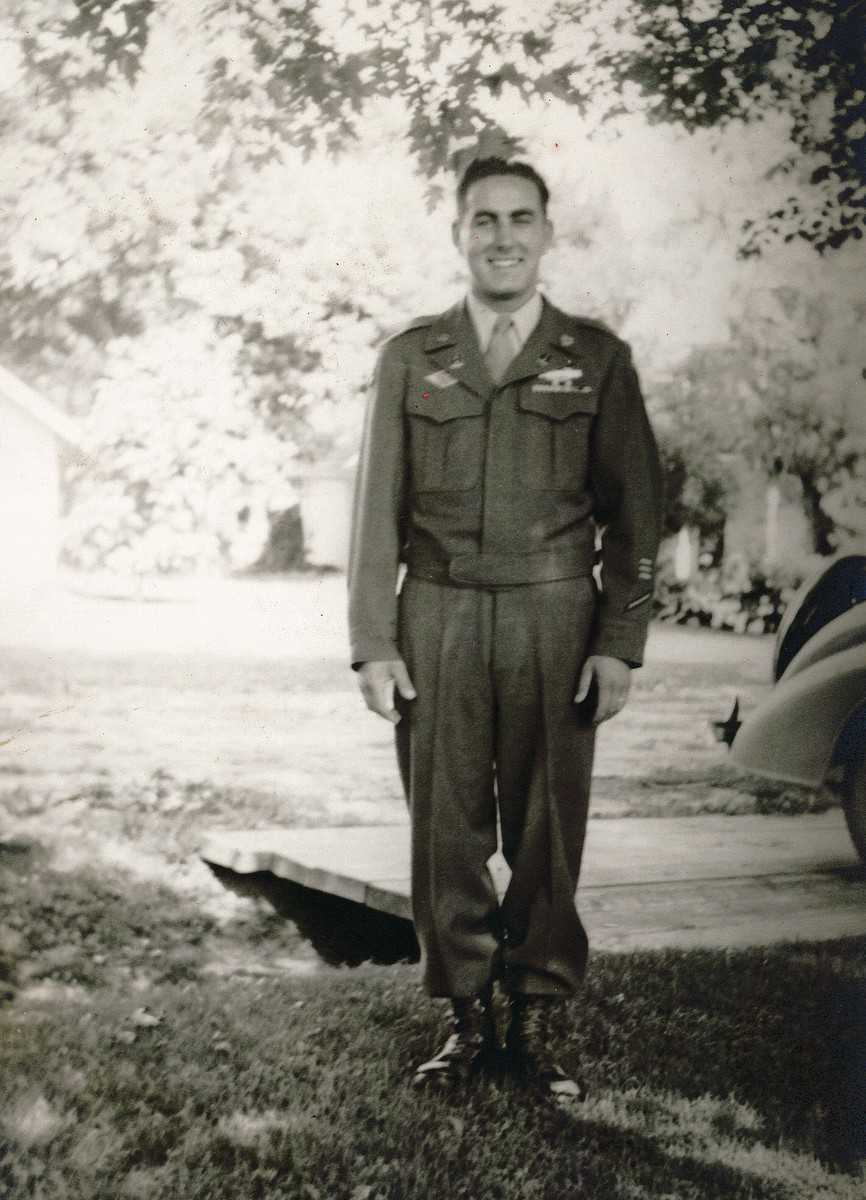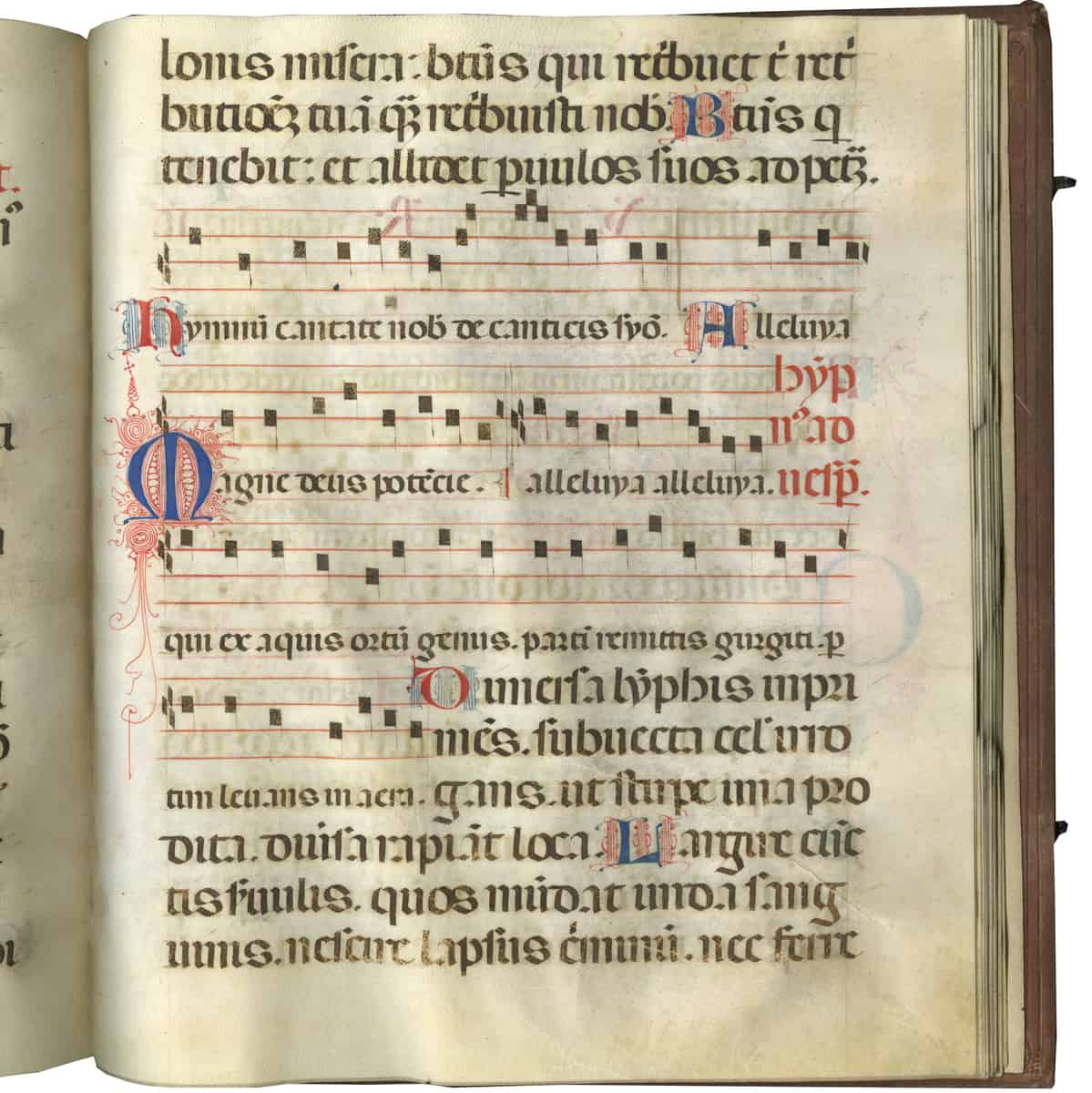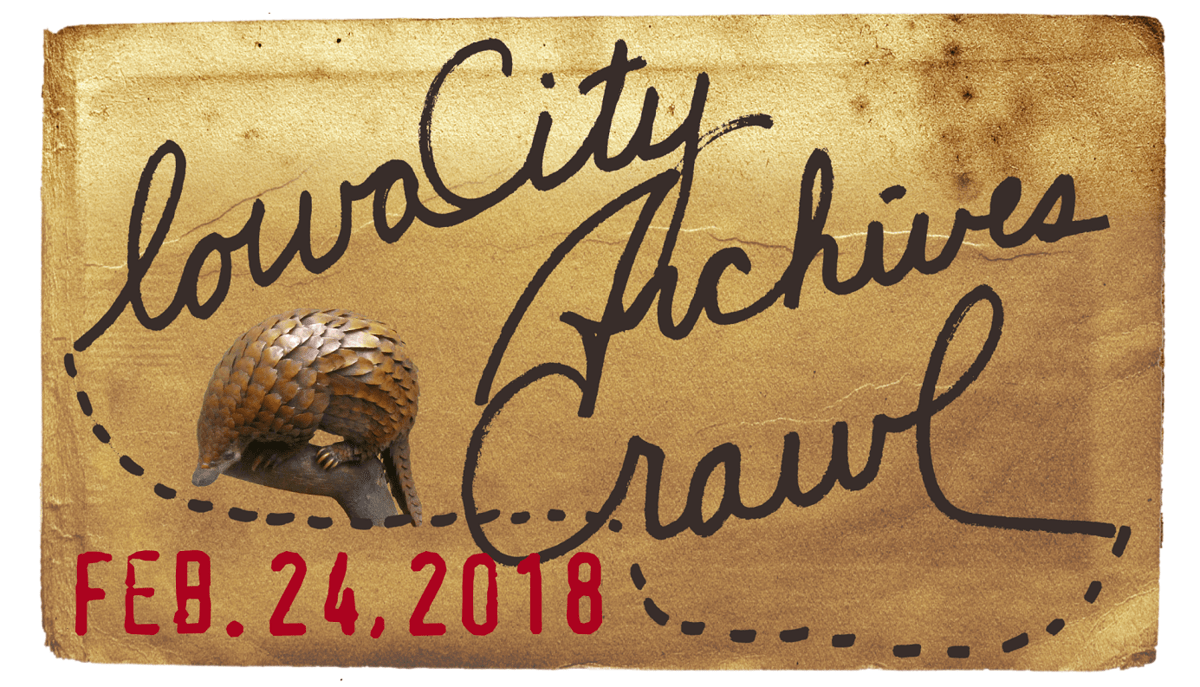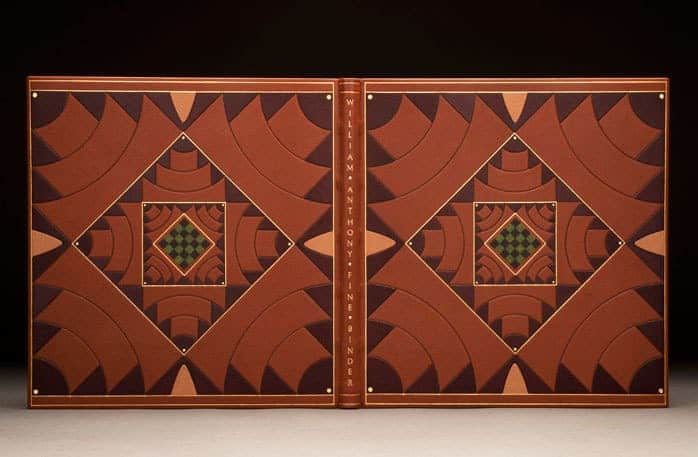The following is written by Academic Outreach Coordinator Kathryn Reuter On a college campus, chances are high that you will encounter at least one button during the course of your day. Pin back buttons – sometimes called “badges” – have long decorated the tote bags, backpacks, sweaters, and jackets of university students. Buttons proclaim allegianceContinue reading “Buttons, Buttons, Buttons!”
Category Archives: Event Announcements
10 Black Poets to check out in Special Collections & Archives
The following was written by academic outreach coordinator Kathryn Reuter Reading poetry by Black authors is a great way to celebrate Black History Month! We searched through Special Collections and Archives to find materials from Black poets, some who are familiar to us, and some less so. It was tough to limit ourselves to justContinue reading “10 Black Poets to check out in Special Collections & Archives”
Summer Seminar Series is Here
On June 11 University of Iowa Libraries Special Collections started their Summer Seminar Series! This online series features Special Collections & Archives staff talking about what we know best: our collections and our favorite topics featured in the archives. This series of 15-30 minute presentations are recorded, so if you can’t join us for ourContinue reading “Summer Seminar Series is Here”
Discovering the Rich World of the Encyclopedia
Encyclopedias. If you’re like me, then you haven’t really given them much thought. Growing up in pre-Google days, my family owned a 1988 set that was used and abused by my siblings and I, for both school reports and building forts, and they proved a go-to for school projects and reports in those early yearsContinue reading “Discovering the Rich World of the Encyclopedia”
Creating First-hand Experiences with Manuscript Open Houses
Below is a reflection from Micaela Terronez, Olson Graduate Assistant, on the “Manuscripts at Special Collections” open houses. Can I really touch it? One curious visitor asked this question in amazement as they gazed at one of the twenty-one visiting manuscripts from Les Enluminures, a gallery of unique text manuscripts with locations in New York,Continue reading “Creating First-hand Experiences with Manuscript Open Houses”
Stories Worth Telling: a talk with WWII Veteran Carroll Steinbeck
Driving along Highway 77, there is a small sign indicating the way to Rubio, Iowa. I nearly miss it, but catch the sign in time to make a sharp turn down what looks to be the main road in this town of 35 people. I pull into Carroll Steinbeck’s driveway. He’s waiting for me, announcingContinue reading “Stories Worth Telling: a talk with WWII Veteran Carroll Steinbeck”
Manuscripts in the Curriculum comes to Special Collections
With the new school year beginning, Special Collections has brought in 21 new manuscripts for the fall semester for professors, students, and enthusiasts to enjoy and learn from. These manuscripts are on loan from Les Enluminures, a company with locations in Paris, New York and Chicago. Les Enluminures was created to offer a large andContinue reading “Manuscripts in the Curriculum comes to Special Collections”
Upcoming Events and Exhibitions
Events World Canvass The World Canvass program ” “Against Amnesia: Archives, Evidence, and Social Justice,” will feature Iowa Women’s Archives curator Kären M. Mason. TONIGHT: Thursday, Feb. 22, 5:30-7:00PM Event Calendar Listing Archives Crawl Spec Collections, the University Archives, the Iowa Women’s Archives, and the Rita Benton Music Library are part of Archives Crawl. When: Sat. Feb. 24,Continue reading “Upcoming Events and Exhibitions”
Iowa City Archives Crawl Saturday February 24th
Iowa City Archives Crawl Saturday, February 24 at 11:00am to 3:00pm What gems are preserved inside of Iowa City’s libraries, museums, and archives? At the area’s first-ever archives crawl, visitors can snoop in between the pages of historic diaries, read other people’s mail, hold feathers and fossils, and peer into mysteries revealed by historic artifacts like swords and locksContinue reading “Iowa City Archives Crawl Saturday February 24th”
Upcoming October Events
Handy Books exhibit reception. Friday, October 6th, 12-1pm Special Collections Reading Room Saving Brinton, The documentary was extended at Film Scene in Iowa City and has additional showings through at least October 11th. Read more. Buy tickets. The Reformation and Books – 500 Years Later Wednesday, October 11 at 7:00pm to 8:00pm Raymond Mentzer, DanielContinue reading “Upcoming October Events”
